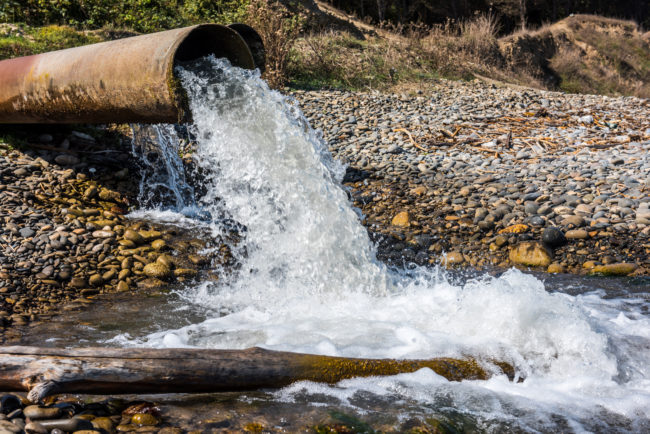On September 9, 2020, the U.S. Commodity Futures Trading Commission (CFTC) issued a report of the climate-related market risk subcommittee. Throughout the report, the CFTC highlights the significant emphasis that must be placed on climate change, as threats related to such changes may impact U.S. financial institutions and regulators. The report is critical, as it analyzes the future needs for progression and development within financial markets, and the intersection of environmental policies and controls on those markets. By developing this report, the CFTC intended to develop …
Continue Reading









